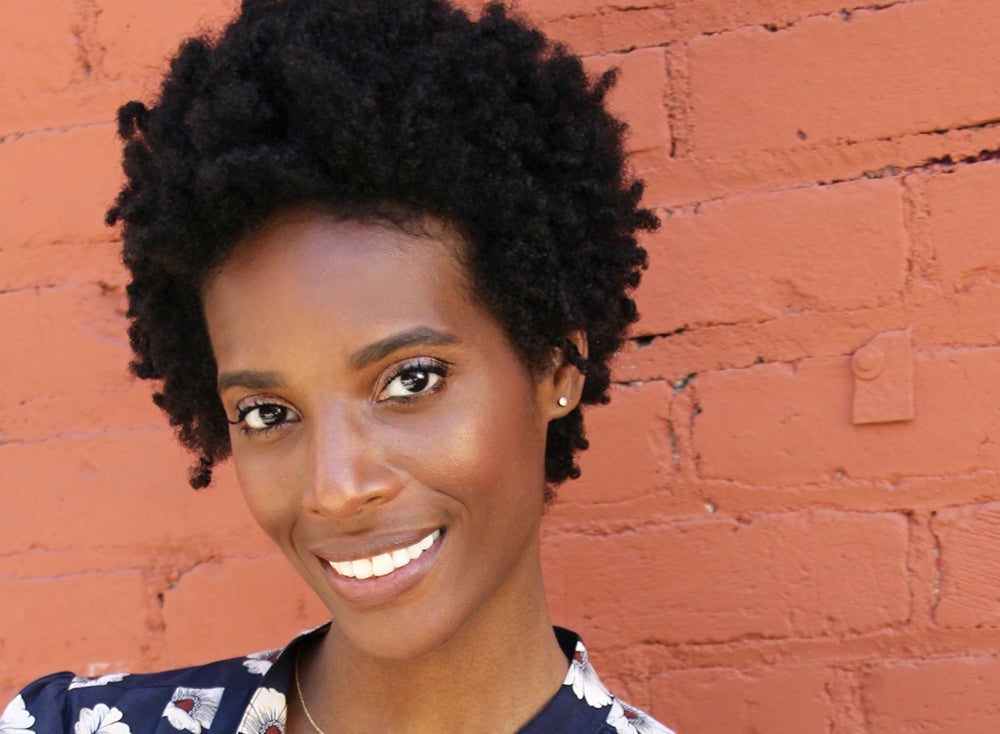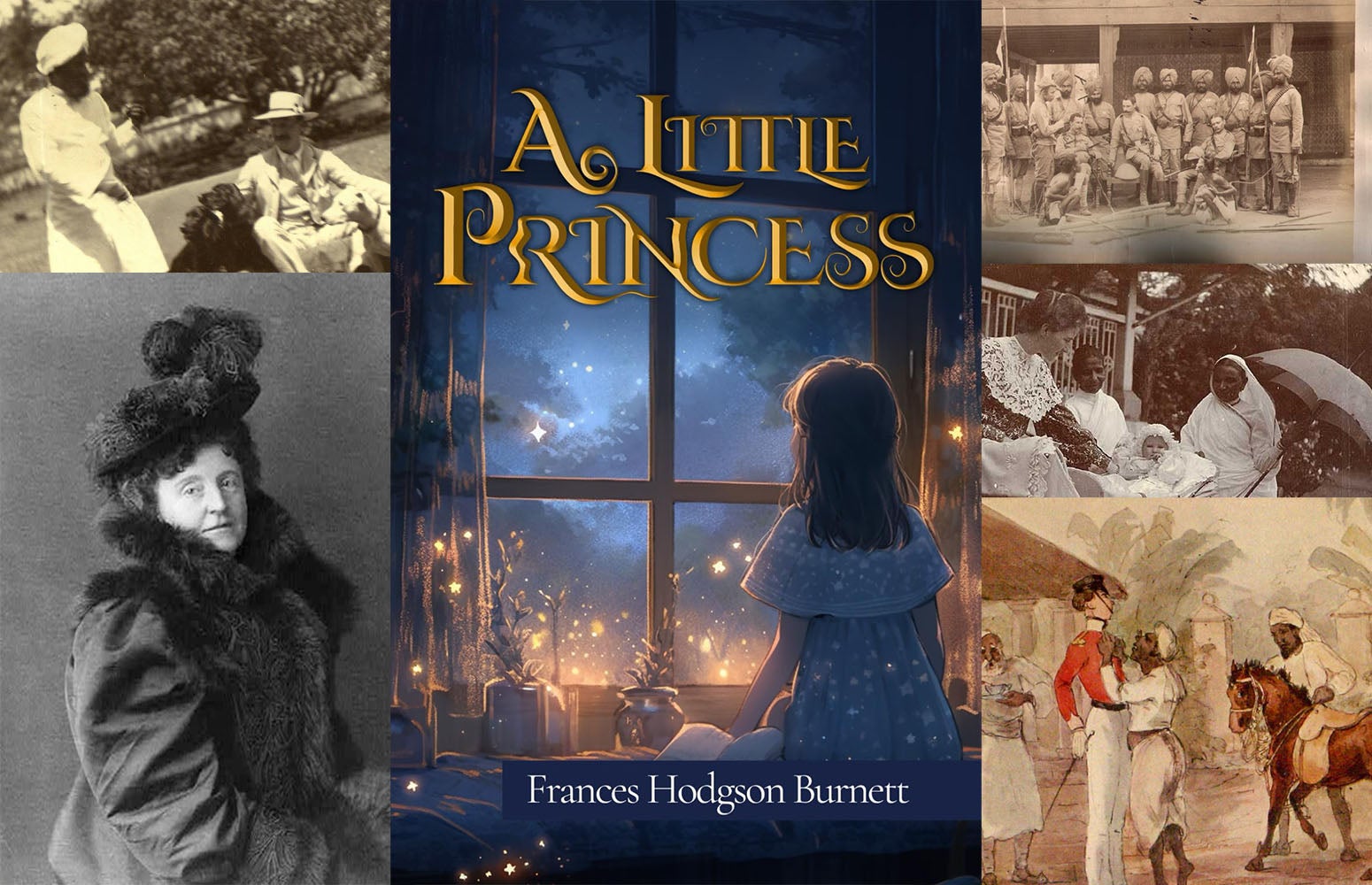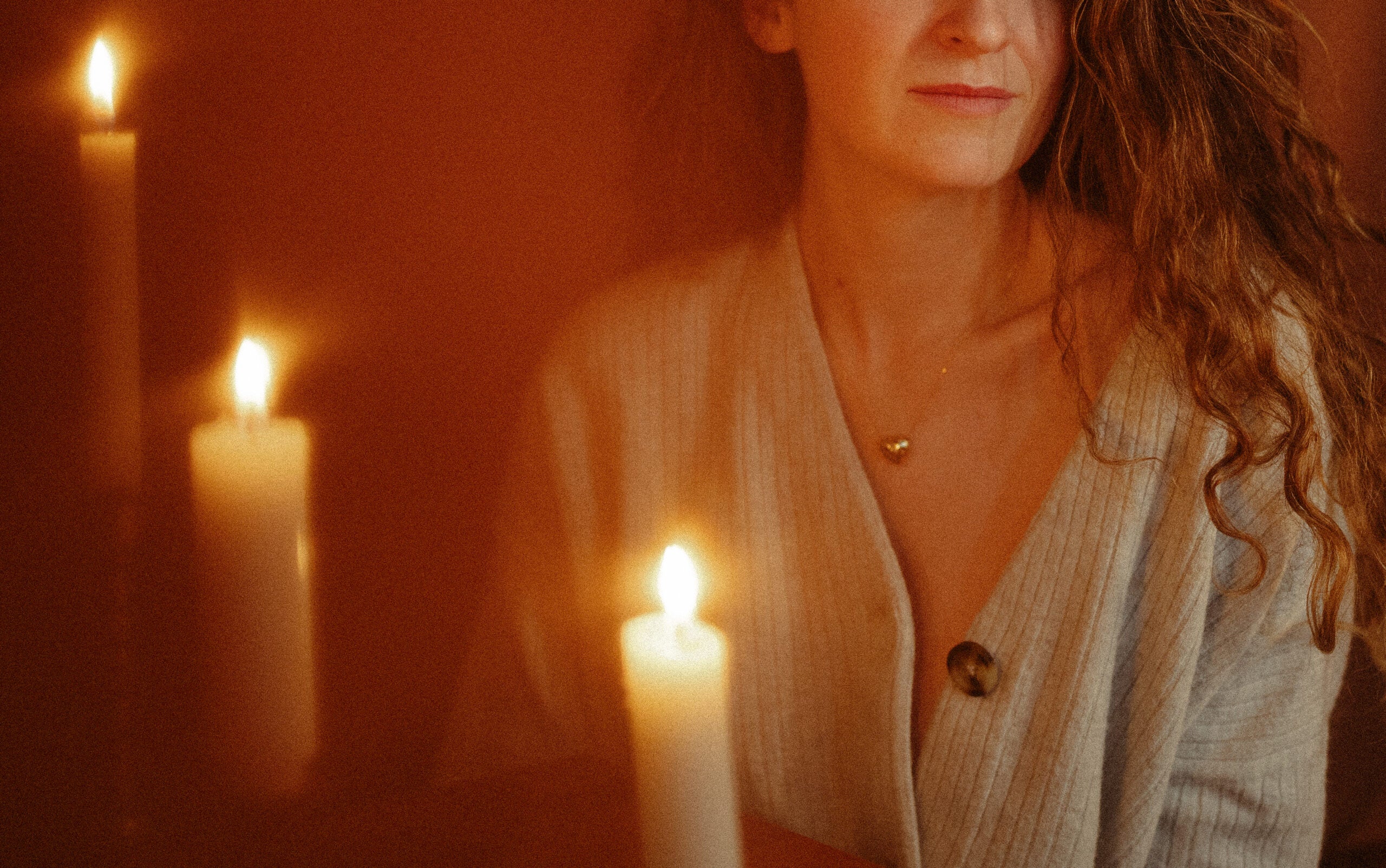In this member drive week edition of the show, we revisit interviews with comedian Zainab Johnson, author Tommy Orange, and country music historian, Bill Malone.
Featured in this Show
-
Getting Honest With Comedian Zainab Johnson
You may think finding a voice as one of 13 siblings would be difficult. Not for Zainab Johnson.
The comedian and “HonestTEA with Z” podcast host was raised as a devout Muslim in Harlem, New York.
Zainab began to find herself as a teenager. At age 15, she stopped the traditional act of covering up and started to explore herself as a young woman in the world.
“For a very long time I hated being Muslim. Not the actual belief of it, just the practice of it,” Johnson told WPR’s “BETA.” “There were certain things in the practice of Islam that was a major inconvenience in my life as a kid and it immediately set me apart from everybody else and I didn’t like that.”
When she was 17, tragedy struck. While visiting a friend in Atlanta, Georgia, Zainab got out of their stalled car to push it. The next thing she remembers, she was in an ambulance. A drunk driver in a truck had pinned her and another woman to the car and attempted to flee. Zainab would spend the next year relearning to walk. The other woman would lose a leg.
“Something like that happening at that age is really traumatic. It one, makes you very grateful to be spared in the very least, but also it made me really look within,” Johnson said. “I think being hit by the truck it made me really make sure that what’s in me has a strong foundation.”
Zainab pivoted to earning a mathematics degree and became a teacher.
“My parents went to college, but hadn’t finished, and I just had it set in my mind that I was going to be the next generation that did something at least a little bit better,” Johnson said. “So I was dead set on at least getting a degree.”
She also ended up taking an elective course on the history of religion that helped her gain a new perspective on her faith.
“It made me research where my faith lied and I became proud of it,” she said.
After her dad died and a friend took a leap in moving to Los Angeles, Johnson reflected on what her true calling was. She asked herself, “What are my intentions in this life? What am I seeking? What’s my legacy? What am I looking to do?”
The answer came in the art of stand-up comedy, but she hopes she can continue to teach through her routines.
“It does feel better when people can take something of substance from my act,” Johnson said.
It certainly is giving her the platform to provide perspective on her religion and share how her faith influences her comedy.
“When I started comedy, any images of Muslims that I saw on TV or in media, there was a fear there,” Johnson said. “I am Muslim and I don’t want people to fear me and I don’t want people to think I have these same beliefs, so I have to give them another alternative to this identity.“
Zainab feels like she found her voice in comedy early on. It’s something she views as an asset in her occupation.
“Comedians spend years trying to find their voice,” Johnson said. “This is who I am. You’re either like me and you’re gonna identify with who I am because I am a reflection of you, or I am completely different and you’re going to enjoy the journey of exploring somebody else.”
She’s also allowed her voice to evolve and grow as a comedian, setting her apart from her peers.
“I’ve gotten more comfortable in silence,” Johnson revealed. “That’s not the comfort place for most comedians, but that’s where I found my comfort — when the crowd is completely silent.”
This confident knowledge of self and of her inner (and comedic) voice also grounds her and sets the parameters for her comedy.
“The only thing that is off limits in my stand-up comedy is me forgoing who I am for the sake of something funny,” she said.
Growing up with a dozen siblings, comedy also provides a rare opportunity to have an independent voice and total creative control, which might be what subliminally drew Zainab to it.
“Maybe I chose stand-up because I stand there alone and it’s just me and if there’s glory, I get all the glory. If I fail, I fail alone. I think that may be the sub-conscious thing about stand-up that appeals to me,” she said.
But that still doesn’t spare her family from being a large part of her act.
-
Tommy Orange's 'There There' Expands Our Understanding Of Native Americans
Tommy Orange is an enrolled member of the Cheyenne and Arapaho tribes of Oklahoma. He’s also the author of one of the most critically-acclaimed novels of 2018, “There There.” Orange’s debut novel has shown up on several “Best of 2018” lists.
As Orange told WPR’s “BETA,” he remembers exactly where he was when he came up with the idea for “There There” at the end of 2010.
“I had just found out I was going to be a father. I was driving down to L.A. to go see a show. And on the drive, the idea just popped right into my head. I’d been working in the urban Indian community in Oakland for many years and I knew I wanted to write a novel. At that moment, the idea to have a story about urban Indians where all their lives converge at a shooting at a powwow at the Oakland Coliseum. That single sort of container for the novel is what I thought of in that single moment,” he said.
“There There” is a polyphonic novel featuring the voices of 12 working-class Native Americans living in Oakland, California. The characters range in age from young to old.
“I just like those kinds of novels,” Orange explained. “I like shifting perspectives, I think it’s true to life. I think we get a lot of voices and we have to try to make sense of it. And it all does interconnect somehow. There’s also kind of like a monolithic version of what native people are supposed to look like and be like — you know, stoic or sad or drunk or dumb. So, to explore a dynamic range of voices for people that normally have either no voice or it’s a false voice or it’s a stereotype, it seemed interesting and a way to expand the range of the way we’re thought of.”
Orange grew up in Oakland.
“It was in some ways an idyllic childhood where I had a set of friends and went to school and maybe one other kid was native. In a sense, we knew that there weren’t many native kids around. But we grew up with my dad who, his first language was Cheyenne, and he grew up with his great-grandparents in a way that native people don’t live like anymore. So, we grew up with him so it was a very urban Oakland experience. But the heaviest native influence or what made us feel that way was our dad and speaking in Cheyenne. He didn’t teach us, it was kind of more of a time of assimilation. But we were very aware of it. And there were certain stories that he told and made sure we knew about. And I didn’t actually know there was an urban Indian community until I started working in it, in my 20s.”
Orange coined the word “Indianing,” which he uses to great effect in his novel.
“I think particularly with native people, if somebody finds out you’re native, one of the first things that they say, or in my experience, and this happened on the tour recently, they ask me if I’m native and I say ‘Yes.’ And then the follow-up is always ‘Well, how much?’ People want to know what makes you Indian, whether it’s blood or what do you do, the verb of ‘Indianing.’ In college, I wrote a paper called ‘Chekhov’s Indian.’ So, if the gun appears in the first act, it’s going to go off by the third.”
“Basically, talking about how to write Indian without doing the typically Indian stuff. If you introduce an Indian, do they have to do something Indian? And this is all based on stereotype and authenticity. And the stick we have to measure ourselves by is this old version of what being Indian is. And we need to expand the conversation about how many different things it can mean.”
-
Distinguished Wisconsin Music Scholar Was Born Into Country Music
Bill Malone first fell in love with country music when he heard his mother singing songs while growing up in the 1930s on an eastern Texas cotton farm. The Madison resident and renowned country music scholar has forged a distinguished career out of the study and deep appreciation of country music, and his 1968 book, “Country Music, U.S.A.” is widely considered the definitive work on the musical genre.
Malone recently told WPR’s “BETA,” that country music was “the first music (I) had ever heard.” And that this music provided a way for his mother to cope “with a semi isolated existence on an east Texas cotton farm.”
In 1939 Malone’s father brought home a battery-powered Philco radio which introduced Malone to the “hillbilly” singers of the era, which would later serve as building blocks for a long career as a musician and music scholar.
Upon hearing these singers, Malone remembered seeing them as a paradox:
“In one sense I thought of them as being exotic beings … they sang about the Texas plains and the southern mountains and about lonely hobos. They seemed like a world far from what we were experiencing. But at the same time, they seemed like they could be brothers or cousins. They sounded like us, and they went out of their way to create a family feeling. They made us think we were part of the family.”
In 1954, Malone enrolled at the University of Texas and also started to play country music at parties and in the ramshackle honky-tonks that dotted the Austin music scene. One night Malone remembered seeing a young woman singing at a beer joint named Threadgill’s. He recalled a group of musicians showing up from the University of Texas Folk Music Club called the Waller Creek Boys. Among the people who were singing in the group was Janis Joplin.
“It was easy to see from the very beginning that she had a voice that surpassed any that we had,” Malone said.
While at college Malone stumbled across the “Anthology of American Folk Music,” a diverse collection of blues and folk music recordings from 1926 to 1933 that were musically defining for artists such as Bob Dylan, Joan Baez and Bruce Springsteen.
Hearing these recordings was a turning point in Malone’s trajectory in pursuing a career in music.
“It gave a validity for what I’d been singing and I was now beginning to treat it as an academic exercise,” he said.
As Malone pivoted to the academic study of music, his supervising professor presented him with the idea to write about the history of Nashville publishing.
“And I thought, ‘You mean you can actually write about something you love?’ That’s unheard of!” Malone said.
Malone happily accepted the idea but expanded its scope, branching out into writing a general history of American country music, from its folk music beginnings, to eventual radio commercialization.
His work was ultimately published in 1968 as “Country Music, U.S.A.” and the comprehensive book is used in many classrooms today as the definitive history of American country music. In researching and writing the book, Malone said he felt a sense of urgency to assemble a historical record of the music he loved so much.
“I felt like the general history (of country music) needed to be told quickly because I wasn’t sure what was going to happen to this music,” he said. “Rock ‘n’ roll had come along first with Elvis in 1954, and then record companies began looking for people who sounded like Elvis. There was a period of time when traditional country music as I knew it virtually disappeared from the jukeboxes and radio DJ shows.”
Malone’s unique position of straddling both the academic and performance worlds of country music gave him a distinctive perspective when writing about the genre, and its shortcomings.
“I had an understanding that people who came from the outside might not have had. On the other hand, it probably made me blind to certain features of the music,” Malone said. “At first I didn’t realize just how nativist and jingoistic it could be. I didn’t realize just how neglected women had been. Women were part of the music since the time it was commercialized, but they were generally made to feel subordinate to the men in the business. And I didn’t really realize just how eclectic the music was at the time; just how strongly African-American culture had touched the music from the beginning, and how it has continued to do so throughout its history.”

Bill and Bobbie Malone hosting the “Back To The Country” radio show. Photo courtesy of the MalonesDuring his time as a professor, Malone met his future wife and longtime music partner, Bobbie, at a music venue in Austin. She first saw him on stage singing an Ernest Tubb song. As the two continued their relationship sparked by a shared love of country music, Bill recalled:
“She learned I had a mandolin in the closet, and she wanted to be a part of what I was doing,” he said. “So we got the mandolin out of the closet, and a friend taught her a few chords on it. And we did our first show at a Presbyterian church.”
Bill and Bobbie continue to perform music together today at various venues in Wisconsin, and they currently co-host a weekly country music radio show on WORT-FM in Madison.
When asked about today’s contemporary country music Bill said:
“In today’s scene I look for people who don’t necessarily imitate the past, but build upon it. They have a sense of roots, they seem to have a sense of reverence for the working class roots of the music. And then they take that and make their own sound.”
This fall, documentary filmmaker, Ken Burns will release his latest film, “Country Music.” The documentary series will feature Bill as a consultant and historical authority on the genre. When asked about the experience of recording his interviews in New York, and later visiting Burns’ studio in New Hampshire for a pre-screening of the film, he recalled:
“It was a wonderful experience. Almost everybody was tearful by the time it was over. For one thing, to think of all the people that you see on the screen who have died since the filming began. In my case I was tearful because (my mother), was the person to introduce me to this music. And to me it’s her culture, and I’m just pleased that I’m able to keep it alive and to document it. (Watching the film) was a validation of my life’s work and of the music that I’ve always loved.”
Episode Credits
- Doug Gordon Host
- Zainab Johnson Guest
- Tommy Orange Guest
- Bill C. Malone Guest
- Doug Gordon Producer
- Adam Friedrich Producer
- Karl Christenson Producer
Wisconsin Public Radio, © Copyright 2026, Board of Regents of the University of Wisconsin System and Wisconsin Educational Communications Board.




